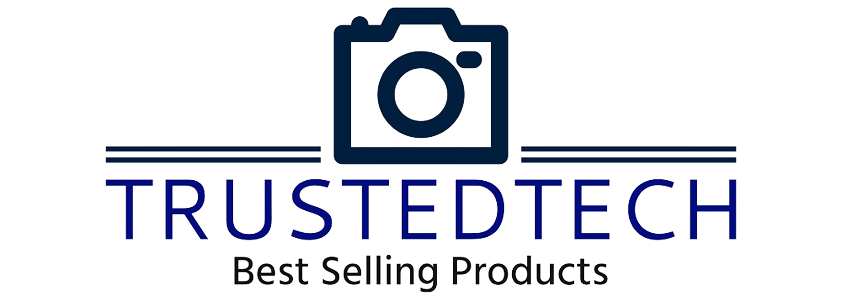
[ad_1]
Pulling from a wealth of cybersecurity behaviour research, Jane Arnett, Cybersecurity Evangelist at Check Point shared with me the challenges – as well as her tips – to engage Gen Z in safer digital practices. Check Point is a leading provider of cyber security solutions to corporate enterprises and governments, with more than 100,000 businesses and millions of users worldwide.
Gen Z Exposed to Greater Risk
Arnett began, “Young people are more connected than ever before, with more devices in the home and reporting spending more time interacting with people through these devices than in the physical world. As a result, they struggle more with tech fatigue – and not just in keeping all those devices working and up to date. Half of them feel that online services can and are protecting their data versus 30% of older consumers. believing that it’s the service provider’s role to protect their data. Added Arnett, ”Six in ten Gen Zs and Millennials feel the benefits they get from online services outweigh their privacy concerns versus four in ten older consumers.”
“For example,” claimed Arnett, “Yubico found that around 37% of Millennials save their credit card information in their online accounts, while only 19% of Boomers do, and they have more online accounts, creating a much broader attack surface. They are busy, this is convenient, and surely their information is safe, right? What’s the worst that could happen?”

Jane Arnett, Cybersecurity Evangelist
“As a result,” explained Arnett, “Gen Z is less prepared for modern scams – Online shopping, romance, investment (crypto), and employment, with nearly half of those originating on social media specifically. These scams sit next to and can be difficult to differentiate from legitimate businesses/people.”
I asked what is inhibiting greater cyber awareness and adopting safer online habits to which Arnett responded, “Mostly fatigue mixed with apathy – both from the number of online connections but also from the number of worries they have in general today.”
“There are so many globe-shaking causes to support – this one can easily seem like it’s someone else’s problem. It’s not, but the good news is that it’s relatively simple to have a major positive impact,” stated Arnett.
“Older generations’ seeming assumption that just because Gen Z is an expert in using the tools, they also know best how to use them safely also doesn’t help. Continued cybersecurity education is important at any age.”
Wider Implications: Social, Business, Security
“The World Economic Forum predicts Gen Z will make up 26% of the global workforce by 2025,” said Arnett. “This gives them a significant role in the global supply chain.”
As a large, connected workforce it is relevant that the quality and breadth of Gen Z cyber practices have a knock-on effect to our economic and social well-being. Arnett went so far as to provide this hypothetical example:
“Let’s consider a ransomware attack on a public health organization or a hospital,” posited Arnett. “Yes, employee and patient data like SIN and DOB can be stolen, making those victims stronger candidates for identity theft and targeted phishing (spear phishing) attacks. But … a hospital faced with a ransomware attack could also have … their email and scheduling services taken offline, making healthcare records, medication lists, and diagnostic imaging difficult or impossible to be accessed. Last year, we saw a hospital in Illinois shut down completely, citing a ransomware attack 2 years prior, which among other things, prevented them from processing insurance claims. Citizens in that community no longer have a hospital.”
More than ever, it was emphasized, cybersecurity experts are urging organizations to be particularly cautious of their younger employees’ digital habits while on the clock.
Cybersecurity Best Practices
Arnett offered three safety tips:
- Keep software up to date. Yes, it’s annoying. Do it anyway.
- Layer protection with long, strong passwords, multi-factor authentication, and an affordable cybersecurity product layer to automatically protect you from rogue wifi networks, malicious websites, credential theft, and more. For example, Check Point’s ZoneAlarm app prevents advanced attacks on mobile devices.
- Use good password hygiene – long and strong passwords, never reused. Leverage a reputable password manager.
-30-
To protect yourself online, here are resources to consider:
Get Cyber Safe – A Canadian national public awareness campaign created to inform Canadians about cybersecurity.
Canadian Centre for Cyber Security – The Canadian Centre for Cyber Security (the Cyber Centre) is part of the Communications Security Establishment. It is the single unified source of expert advice, guidance, services, and support on cyber security for Canadians. You can also report a cyber incident, here.
The National Cybersecurity Alliance provides safety and privacy articles with tips.
Check Point – Check Point is partnered with leading MOOC platform such as Coursera, Udemy and offers free cybersecurity courses and content for professionals who want to boost their careers.
More on Cybersecurity
[ad_2]


